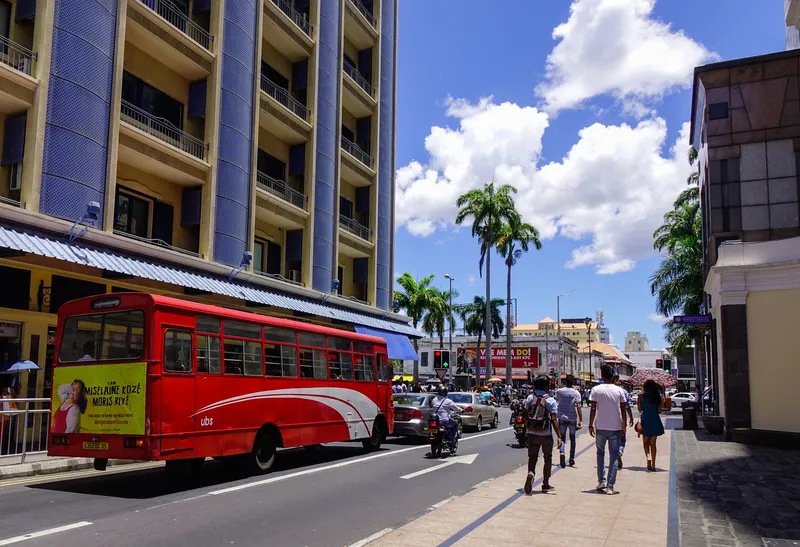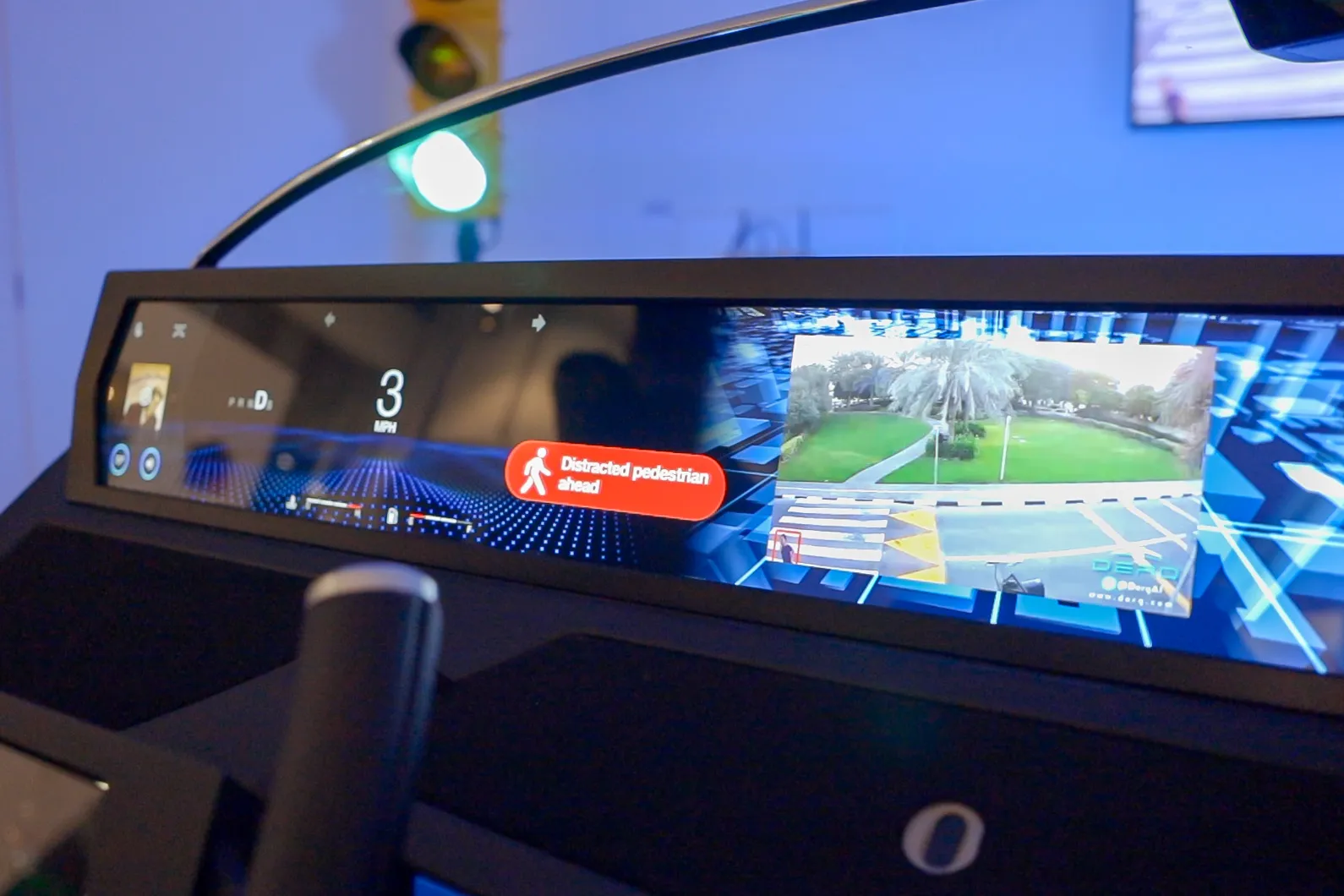Q-Free is to deploy its Intrada Insight Server (ISS) solution to an unnamed tolling operator in Florida in a deal valued at £2.3m.
The company says the solution uses advanced image-based transaction and automation processing technology to achieve a transaction accuracy of more than 99%.
ISS also uses advanced vehicle fingerprinting and grouping analytical techniques to achieve improved accuracy, the company adds.
July 12, 2019
Read time: 1 min
Q-Free is to deploy its Intrada Insight Server (ISS) solution to an unnamed tolling operator in Florida in a deal valued at £2.3m.
The company says the solution uses advanced image-based transaction and automation processing technology to achieve a transaction accuracy of more than 99%.
ISS also uses advanced vehicle fingerprinting and grouping analytical techniques to achieve improved accuracy, the company adds.










